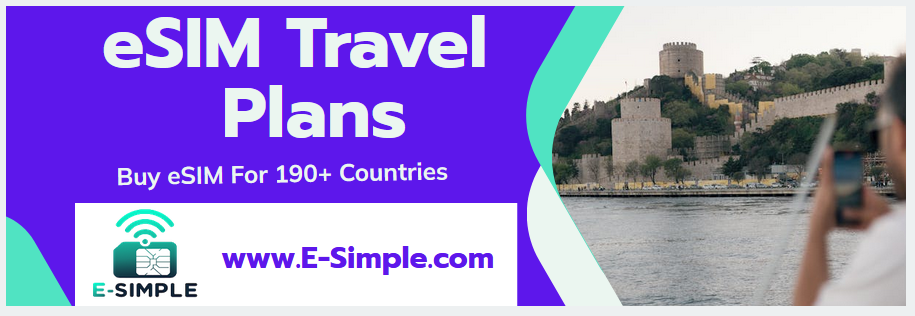Who Supports ESIM?

eSIM technology makes it possible for mobile phones and other devices to support two phone numbers on one device, making it simpler for people to establish both personal and professional profiles on a single device.
Many newer smartphones support eSIM cards, including Google’s Pixel line and Apple’s iPhone XS and iPad Pro models. You may even find support on some laptops or portable computing devices.
GSMA
GSMA is a global association dedicated to representing mobile operators and companies within the mobile ecosystem, such as handset and device makers, software firms, equipment suppliers and Internet service providers – as well as organisations operating within adjacent industry sectors.
The organization has created standards and specifications for wireless communication technologies used in modern mobile devices. One such standard is eSIM, which offers users a secure way of identifying themselves and accessing their accounts from any connected device.
An embedded Universal Integrated Circuit Card (eUICC) serving as an encrypted digital version of subscriber identity module (SIM), providing security, resilience, and connectivity management all in a portable form factor that works across major mobile networks.
As new eSIM technologies emerge, their capabilities and benefits continue to expand. A prime example is the recently introduced GSMA Multi-IMSI specification which allows OEMs to open up their devices to multiple operators simultaneously.
OEMs using this technology can use an easy web interface to download profiles for any operator at any time, eliminating the need for specific integration with each service provider and eliminating complex roaming scenarios with associated fees and issues. This technology makes roaming simpler while eliminating permanent roaming problems altogether.
GSMA also introduced the GSMA eSIM Discovery service, enabling mobile network providers to link an eUICC Identifier with an eSIM profile via an automated search process – making SIM activation and onboarding simpler for their customers.
IoT SAFE
IoT (Internet of Things) is an expansive and rapidly developing industry that includes devices that collect, process and transmit personal and sensitive data to enterprise servers or Cloud-based applications for further processing or storage. Protecting this sensitive data against potential attacks is therefore paramount.
For this reason, GSMA developed IoT SAFE as a standard that allows device manufacturers and service providers to leverage SIMs as a scalable, standardised and robust root of trust for IoT data communications security – decoupling IoT security from vulnerable device applications while saving cost by using existing SIMs that already exist.
IoT SAFE’s device-independent approach enables it to work with any IP connected device with an embedded SIM or secure element, providing seamless zero-touch provisioning for enterprises looking to scale cellular IoT connectivity.
Embedded and integrated SIMs (iSIMs) are increasingly the go-to choice for various use cases and form factors, including large scale IoT deployments. Their low power, small size and excellent performance makes them a fantastic solution.
Embedded and integrated eSIMs are also cost-effective solutions, as they can be reused on new devices, saving both time and money during manufacturing. Furthermore, these tamper-proof SIMs can be deployed outdoors where SIM slots may not be suitable, or with devices subject to dirt, dust or chemicals that might impact performance.
Enterprise eSIM Management
eSIM technology is revolutionizing the telecom industry and has quickly become standard on many consumer devices. Employers can leverage an eSIM to simplify logistics, scale deployments, comply with regulations, and comply with compliance issues more efficiently than ever.
One of the greatest challenges enterprises face in managing connectivity across thousands of devices is Enterprise eSIM Management. To meet this need, Enterprise eSIM Management was designed.
This solution allows device OEMs and carriers to remotely manage single SKU devices through an intuitive portal. The eSIM can host multiple carrier profiles, is remote programmable, and supports zero-touch provisioning over-the-air (OTA).
Solution also allows enterprise customers in North America to select which network operator they intend to activate their device with, before placing their order – giving them greater control of its lifespan and eliminating carrier confusion during activation processes.
This innovative approach to eSIM management benefits producers, consumers and the environment alike by reducing CO2 output while saving resources and time. It is already being applied in industries that support employees across locations as well as products with international needs such as connected vehicles.

